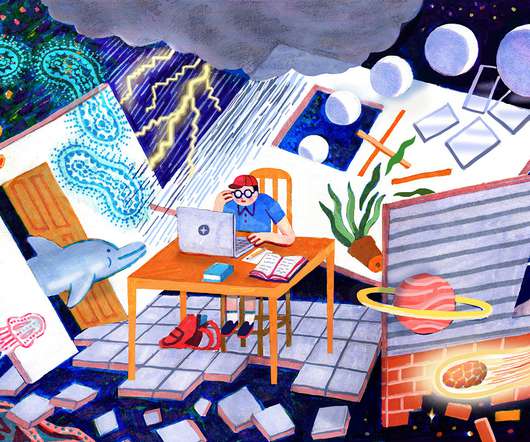Coronavirus is the practice run for schools. But soon comes climate change
The Hechinger Report
MAY 23, 2020
His schools have been scrambling to set up online learning, connect students with virtual counseling and get laptops into the hands of families — steps McKneely says will be invaluable if another hurricane disrupts education. “We The Miami-Dade school district, for example, adopted a plan back in 2012 to close the digital divide.
















Let's personalize your content